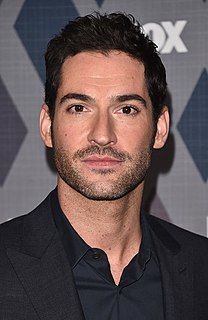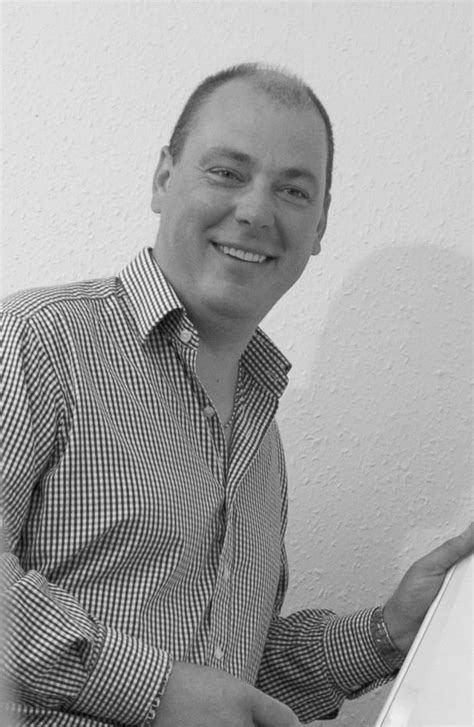A Quote by Samuel Smiles
Home is the first and most important school of character. It is there that every human being receives his best moral training, or his worst; for it is there that he imbibes those principles of conduct which endure through manhood, and cease only with life.
Related Quotes
To point out the importance of circumspection in your conduct, it may be proper to observe that a good moral character is the first essential in a man, and that the habits contracted at your age are generally indelible, and your conduct here may stamp your character through life. It is therefore highly important that you should endeavor not only to be learned but virtuous.
The character of a child is formed largely during the first twelve years of his life. He spends 16 times as many waking hours in the home as in the school, and 126 times as many hours in the home as in the church. Each child is, to a great degree, what he is because of the ever-constant influence of home environment and the careful or neglectful training of parents. Home is the best place for the child to learn self-control, to learn that he must submerge himself for the good of another. It is the best place in which to develop obedience, which nature and society will later demand.
Human life, from the cradle to the grave, is a school. At every period of his existence man wants a teacher. His pilgrimage upon earth is but a term of childhood, in which he is to be educated for the manhood of a brighter world. As the child must be educated for manhood upon earth, so the man must be educated upon earth, for heaven; and finally that where the foundation is not laid in time, the superstructure can not rise for eternity.
What is the importance of human lives? Is it their continuing alive for so many years like animals in a menagerie? The value of a man cannot be judged by the number of diseases from which he escapes. The value of a man is in his human qualities: in his character, in his conscience, in the nobility and magnanimity, of his soul. Torturing animals to prolong human life has separated science from the most important thing that life has produced - the human conscience.
The moral absolutes rest upon God's character. The moral commands He has given to men are an expression of His character. Men as created in His image are to live by choice on the basis of what God is. The standards of morality are determined by what conforms to His character, while those things which do not conform are immoral.
As man reaches out toward the twenty-first century, he will learn to be suspicious of all ideas that are not formulated so that they can be tested by observation. He will realize that the history of human thought shows that the ideas of which we are surest are the ones we most need to test. He will realize that his common sense only mirrors his training and experience. What seems natural and right to him is usually a reflection of the conditions under which he spent his first decade of life.
True character arises from a deeper well than religion. It is the internalization of moral principles of a society, augmented by those tenets personally chosen by the individual, strong enough to endure through trials of solitude and adversity. The principles are fitted together into what we call integrity, literally the integrated self, wherein personal decisions feel good and true. Character is in turn the enduring source of virtue. It stands by itself and excites admiration in others.
An educator's most important task, one might say his holy duty, is to see to it that no child is discouraged at school, and that a child who enters school already discouraged regains his self-confidence through his school and his teacher. This goes hand in hand with the vocation of the educator, for education is possible only with children who look hopefully and joyfully upon the future.
Modern man lives isolated in his artificial environment, not because the artificial is evil as such, but because of his lack of comprehension of the forces which make it work- of the principles which relate his gadgets to the forces of nature, to the universal order. It is not central heating which makes his existence 'unnatural,' but his refusal to take an interest in the principles behind it. By being entirely dependent on science, yet closing his mind to it, he leads the life of an urban barbarian.
After the survivor of the Spanish conquest has told his life's story he is convicted by the Inquisition: He posted no brief in defense or mitigation of his offenses, and when he was most solemnly advised by the Court President of the dire consequences he faced if found guilty, Juan Damasceno volunteered only one comment: "It will mean I do not go to the Christian heaven?" He was told that that would indeed be the worst of his punishments: that he would most assuredly not go to Heaven. At which, his smile sent a thrill of horror through every soul of the Court.



































